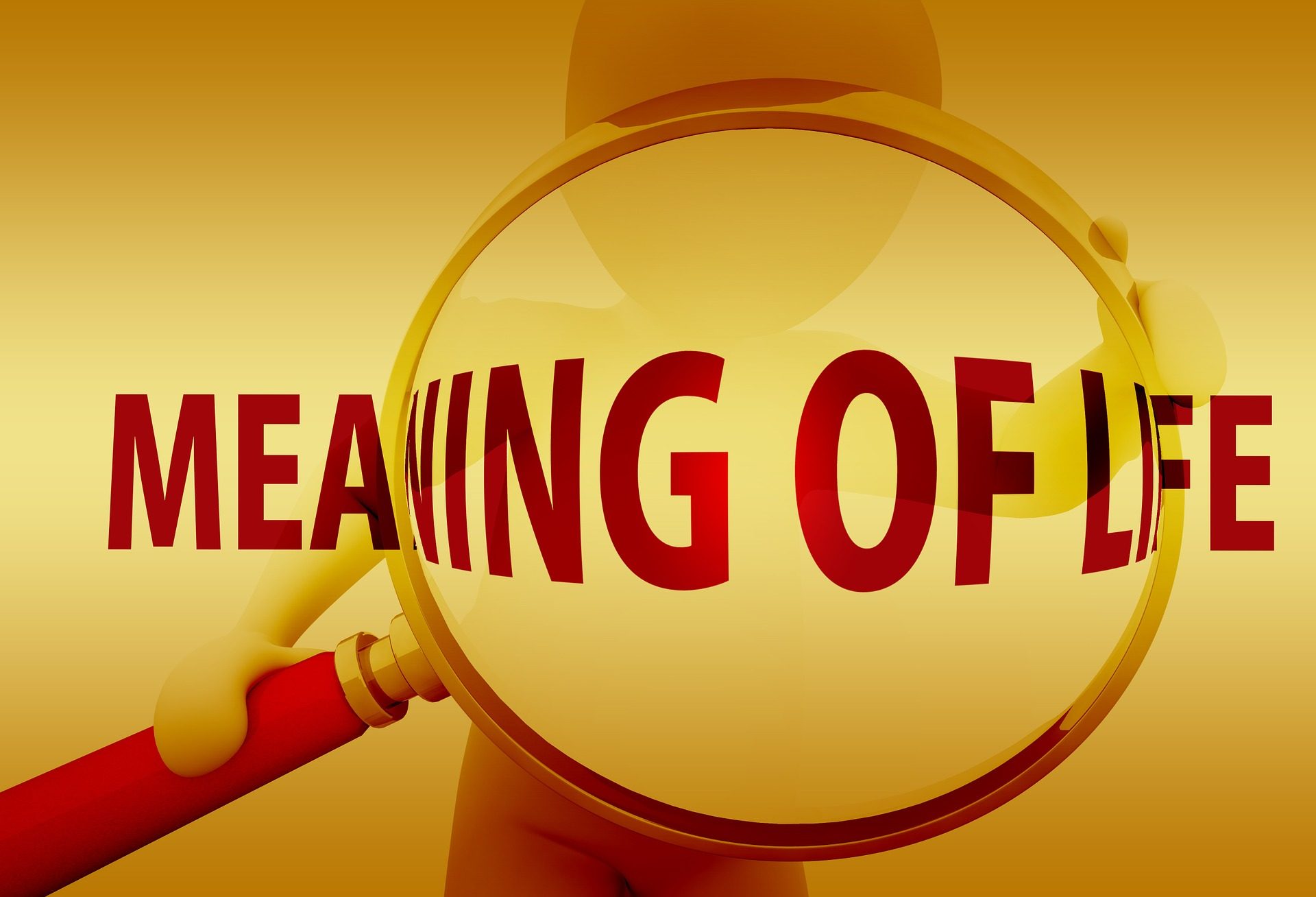

The early Greek philosophers taught that all human beings are “telic” creatures. “Telic” comes from the Greek word “telos”, which means purpose. They believed we are all purpose driven, meaning-seeking creatures.
I think they are right. We all have to live for something. We all believe deep in our hearts, whether we are aware of it or not, that there is something out in the world that will make us complete and whole, and that will give our lives meaning.
Emily Esfahani Smith recently wrote a wonderful article in “The Atlantic Magazine” explaining why meaning in life is more important than happiness.
She focused her research on Victor Frankl and his best-selling book that has become a classic, Man’s Search for Meaning. Many consider it to be one of the most influential books ever published in the United States.
Frankl was a prominent Jewish psychiatrist and neurologist who lived in Vienna. In 1942 he, his wife, and parents were arrested and transported to a Nazi concentration camp. Three years later, at the end of the war, Frankl was set free, though his wife and parents did not survive. In 1946, it took him nine days to write, Man’s search for Meaning. In writing about his experience in a Nazi death camp, Frankl concluded that the difference between those who had lived and those who died came down to one thing: “meaning.”
Frankl recognized that seeking to find a meaningful life is at odds with a culture that is much more interested in the pursuit of happiness. He said “It is a characteristic of the American culture that, again and again, one is commanded and ordered to be happy.” What Frankl concluded is that happiness is a by-product of leading a meaningful life. That is why Frankl believed that the very pursuit of happiness is what thwarts people’s ability to find it.
Furthermore, research has clearly demonstrated that living with a sense of purpose and meaning increases a person’s overall well-being, thus life satisfaction, mental health, and self-esteem. Most significantly, a meaningful life decreases the chances of suffering from depression.
However, modern people are having a hard time finding meaning in their lives. They are coming up empty. They are finding life to be pleasurable but not meaningful.
This seems to have been a problem throughout history, going all the way back to the early Greek philosophers. They believed in a concept called the “logos.”
It is where we get the English word logic. In Greek, the word logos literally means “the word,” but it has a secondary meaning, ”the reason for life.” The Greeks believed when one finds his logos, his reason for life, he would be complete and whole. He would then be able to find meaning and purpose.
The problem is that the Greeks could never agree on what comprised the logos. They could never construct a unified belief on the reason for life. Rather than being “the word,” logos became nothing more than “just another word.”
This is why, Tim Keller says, that the apostle John, in his opening words in the gospel of John, drops a bombshell on the world:
In the beginning was the Logos, and the Logos was with God, and the Logos was God. He was with God in the beginning. All things came into being through Him, and apart from Him nothing came into being that has come into being. Life was in Him, and that life was the light of men. That light shines in the darkness, yet the darkness did not overcome it. (John 1:1-5, author paraphrase).
God is revealing to us that in the beginning was the logos, the reason for life; and the reason for life was God, and the reason for life became a human being and dwelt among us. What John says is that the logos, the reason for life, was not and is not a philosophical principle, as the Greeks believed, but the logos is in fact a person, Jesus Christ.
When we enter into a relationship with Him and truly get to know Him and serve Him, we become complete and whole. We find a higher purpose for which to live. It is in Jesus Christ, indeed, that we discover our reason for life.
Add grace and understanding to your day with words from Richard E. Simmons III in your inbox. Sign-up for weekly email with the latest blog post, podcast, and quote.

For local orders in the Birmingham, AL area, enter Promo Code LOCAL at checkout to save shipping. We will email you when your order is ready for pickup.
Bulk discounts for 25 or more books! Call 205-789-3471 for prices.